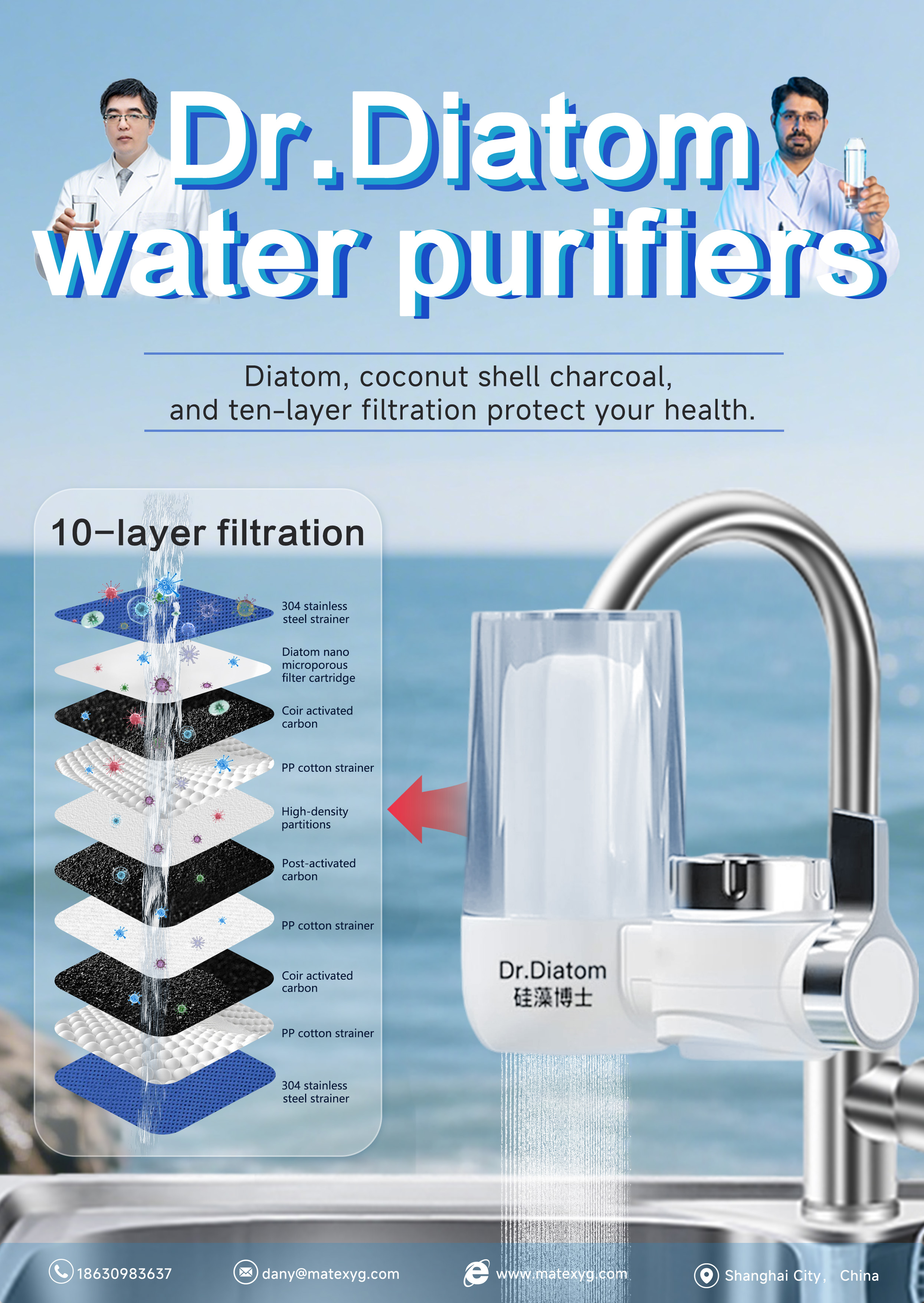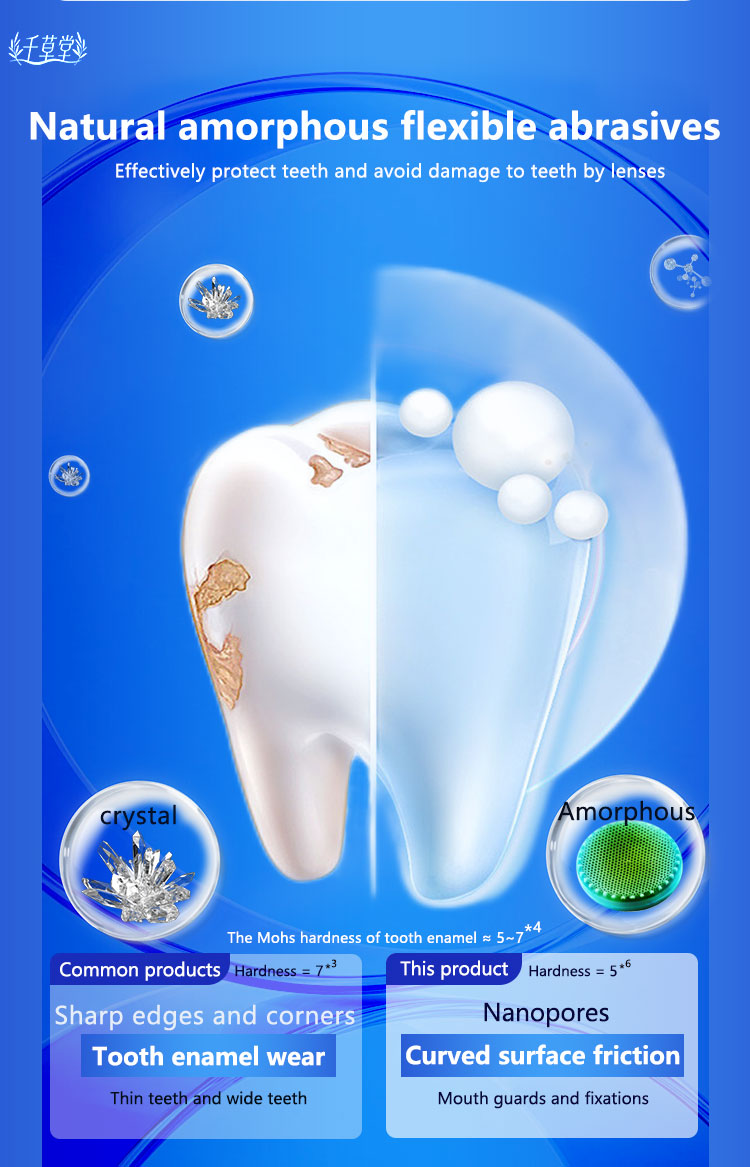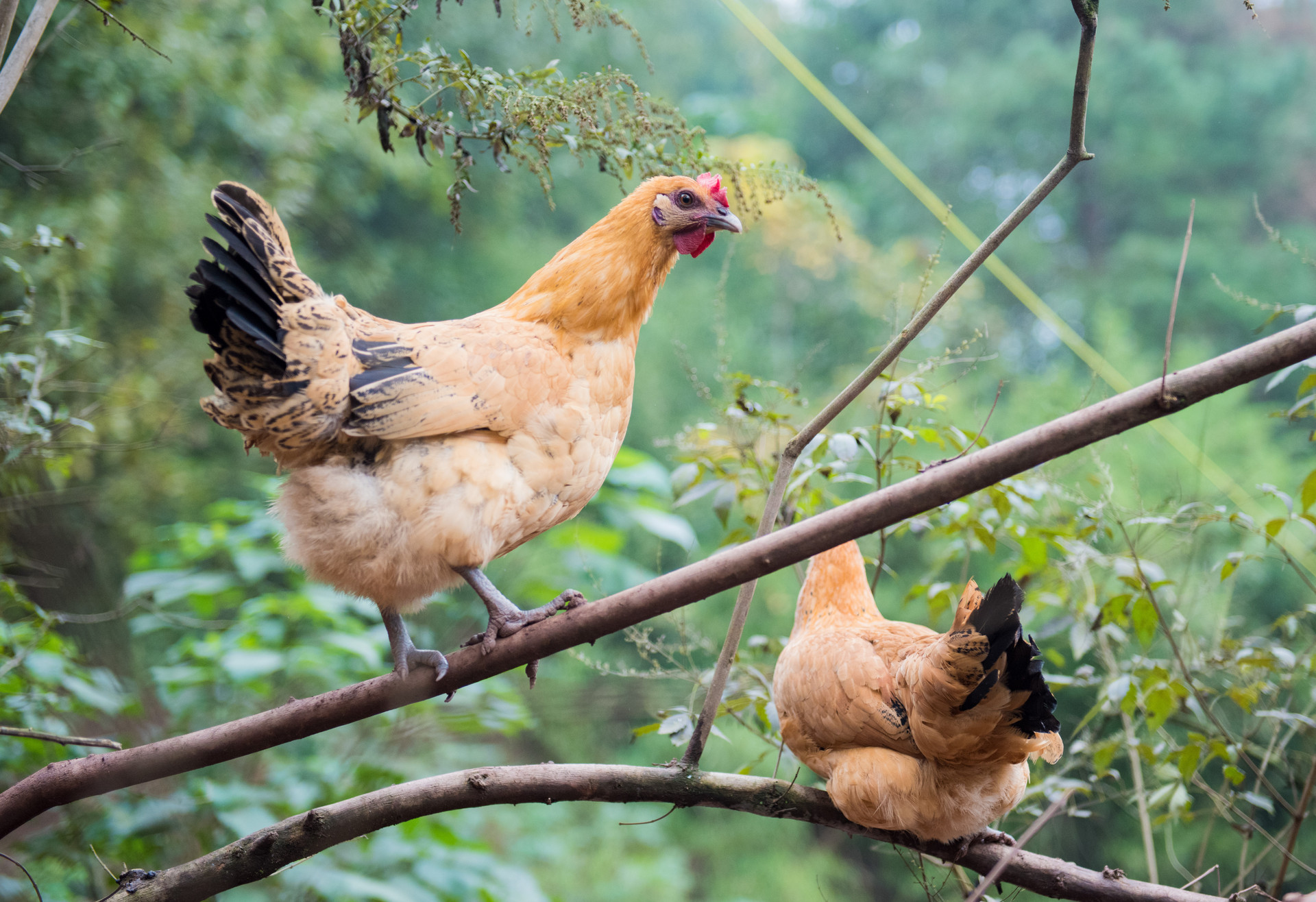
Is Diatomaceous Earth Powder for Chickens Safe? Everything You Need to Know
Explore whether diatomaceous earth powder is safe for chickens, covering its uses, benefits, and safety considerations.
Raising chickens is both a rewarding and challenging experience. One of the main concerns for poultry keepers is maintaining the health and well-being of their flock while providing a safe and comfortable environment. Pests, such as mites, lice, and fleas, can easily infest chicken coops, causing discomfort and potentially spreading disease. For years, poultry owners have relied on various pest control methods, and one product that has gained significant popularity is diatomaceous earth (DE) powder.
Diatomaceous earth powder is often promoted as a natural, non-toxic alternative to chemical pesticides. It is commonly used for pest control, but many people are still unsure about its safety for chickens. In this comprehensive guide, we will dive deep into the properties of diatomaceous earth, its safety, how it works, and how to use it correctly for your chickens.
Understanding Diatomaceous Earth
Diatomaceous earth is a naturally occurring substance made from the fossilized remains of diatoms, which are microscopic algae. These single-celled organisms have a hard, silica-based outer shell that remains after they die. Over millions of years, these diatom shells accumulated on the beds of ancient lakes and oceans, forming large deposits of diatomaceous earth.
These deposits are mined and processed into a fine, powdery substance that is commonly used in agriculture, gardening, and pest control. Diatomaceous earth is made up of silica, aluminum oxide, and iron oxide, but it’s the fine texture and sharp edges of the diatom shells that give DE its pest-fighting power.
There are two main types of diatomaceous earth:
- 1.Food Grade Diatomaceous Earth: This is the type of DE that is safe for use with animals and humans. It has a low level of crystalline silica (less than 1%) and is generally considered non-toxic when handled and consumed properly. This is the only type of DE that should be used for chickens.
- 2.Non-Food Grade Diatomaceous Earth: This type of DE is typically used for industrial purposes, such as filtration, and contains a much higher level of crystalline silica. It can be harmful if inhaled or ingested, so it should never be used in poultry or for any food-related applications.

How Diatomaceous Earth Powder for Chickens Works
The effectiveness of diatomaceous earth powder is primarily due to its physical properties. When sprinkled in a chicken coop or applied directly to the birds, the powder works in several ways:
Pest Control:
Diatomaceous earth is most commonly used as a natural pest control method. The fine, sharp particles of DE have an abrasive texture that can puncture the exoskeletons of insects like mites, fleas, lice, and ticks. This causes the insects to lose water from their bodies, leading to dehydration and death. DE does not act as a poison—it works mechanically by damaging the insects' outer layer, which is why it is considered a non-toxic method of pest control.
Internal Parasite Management:
Although more controversial, some chicken keepers use diatomaceous earth powder as an internal parasite treatment. The theory is that when DE is ingested by chickens, the tiny sharp particles help to scrape the walls of the intestines, removing worms and other internal parasites. However, it is important to note that there is limited scientific evidence to support the claim that DE can effectively rid chickens of internal parasites like roundworms or tapeworms. While some people report success, many veterinarians recommend conventional worming treatments for internal parasites rather than relying solely on DE.
Digestive Health:
Food-grade diatomaceous earth is sometimes used in small quantities in chicken feed, as it is thought to support digestion. The abrasive texture of DE may help chickens process their food better by scraping the walls of their digestive tract. This might also assist in preventing the buildup of harmful bacteria and fungi, although more research is needed to confirm this benefit.
Drying Agent for Coops:
Diatomaceous earth also serves as an excellent drying agent for chicken coops, particularly in humid or damp conditions. DE can help to absorb excess moisture in bedding material, preventing the growth of mold, mildew, and bacteria. This can lead to a cleaner, healthier environment for your chickens, reducing the risk of respiratory issues and other health concerns.
Is Diatomaceous Earth Powder for Chickens Safe?
Now that we know how diatomaceous earth works, the next question is: Is diatomaceous earth powder for chickens safe?
The answer is generally yes, but there are a few considerations to keep in mind when using DE in your chicken coop. Diatomaceous earth is safe for chickens, as long as food-grade diatomaceous earth is used and it is applied correctly.
1. Safety for Ingestion:
Food-grade diatomaceous earth powder is non-toxic and can be ingested by chickens in small amounts without causing harm. Many poultry owners mix a small quantity (usually 1-2%) of DE into their chicken feed to help with internal parasite control. Some research suggests that DE can help chickens maintain a healthy gut, although it’s not a guaranteed cure for worm infestations.
That being said, it’s essential not to overuse DE. When ingested in large amounts, DE can potentially irritate the digestive system, leading to discomfort or digestive upset. Always follow the recommended dosage on the packaging and consult with a veterinarian if you are unsure about the right amount for your chickens.
2. Safety for Respiratory Health:
While food-grade diatomaceous earth is safe to ingest, it can pose risks to chickens’ respiratory health if they inhale the fine dust particles. Diatomaceous earth is made up of tiny, powdery particles that can irritate the lungs and respiratory tract if breathed in. Prolonged exposure to dust can cause symptoms such as coughing, sneezing, and general respiratory distress.
To avoid respiratory issues:
- Sprinkle DE in a well-ventilated area to prevent dust from building up.
- Avoid creating dust clouds when applying DE in the coop. You can use a dusting tool or sifter to apply it lightly and evenly.
- Wear a mask when applying DE in the coop to protect your own respiratory health as well.
3. Safety for Skin:
Diatomaceous earth is abrasive, so applying it directly to your chickens' skin is generally safe, as long as it’s done gently. Avoid getting DE into the eyes or mucous membranes. Dusting chickens with DE can help control external parasites like mites and lice, but it’s important to be gentle to avoid irritating their sensitive skin.
In addition, always avoid using DE on chickens with existing skin conditions or wounds, as it may cause further irritation.
4. Safety for the Environment:
Food-grade diatomaceous earth is an environmentally friendly pest control solution. It is non-toxic to plants, animals, and beneficial insects, such as bees and ladybugs, when used properly. Unlike chemical pesticides, DE does not leave harmful residues in the environment and decomposes naturally.
However, like any pest control method, it should still be used with care. Overuse of DE in a specific area, especially in gardens or areas where beneficial insects are active, could inadvertently harm those populations.

How to Use Diatomaceous Earth Powder for Chickens Safely
To maximize the benefits of diatomaceous earth while minimizing any potential risks, here are some important guidelines for using DE in your chicken care routine:
1. Use Food-Grade Diatomaceous Earth
Always use food-grade diatomaceous earth powder for chickens. Food-grade DE is safe for animals and humans, while non-food grade DE can be harmful due to its higher levels of crystalline silica. Make sure to read the product label to confirm the type of diatomaceous earth you are purchasing.
2. Apply to the Coop and Nesting Boxes
The most common use of DE in a chicken coop is as a pest control agent. Sprinkle a thin layer of food-grade diatomaceous earth powder on the floor, in the nesting boxes, and around the perimeter of the coop. Focus on areas where pests like to hide and where moisture tends to build up. This helps to keep external parasites, such as mites and lice, at bay.
DE can also be mixed into the bedding, like straw or wood shavings, to reduce moisture and create a less hospitable environment for pests.
3. Dust Chickens Directly
If your chickens are infested with external parasites, you can apply diatomaceous earth directly to their feathers. Lightly dust their bodies, especially around the vent, under the wings, and on the neck. Be careful not to apply too much DE or allow it to get in their eyes or mouth. You can use a sifted applicator or a gentle hand to ensure an even, light coating.
4. Use Moderately
Less is more when it comes to diatomaceous earth. Only a small amount is needed to be effective. Over-applying DE can cause dust accumulation in the coop, which could irritate your chickens' respiratory systems. Apply a light dusting and monitor the conditions in the coop to avoid excessive buildup.
5. Monitor Your Chickens' Health
After using diatomaceous earth, keep a close eye on your chickens for any signs of respiratory distress or skin irritation. If you notice excessive coughing, sneezing, or discomfort, stop using DE immediately and consult a veterinarian.
Benefits of Diatomaceous Earth Powder for Chickens
When used properly, diatomaceous earth powder offers several key benefits for chicken keepers:
- 1.Natural Pest Control: DE is a highly effective, non-toxic alternative to chemical pesticides for controlling external pests like mites, lice, and fleas.
- 2.Environmental Friendliness: Unlike chemical alternatives, diatomaceous earth is biodegradable, non-toxic, and safe for beneficial insects, making it a sustainable option for pest control.
- 3.Digestive and Health Support: While not universally proven, DE may support gut health and aid in parasite control when added to chicken feed.
- 4.Improved Coop Hygiene: DE helps reduce moisture in bedding, preventing mold, mildew, and bacteria growth.
Conclusion
Diatomaceous earth powder for chickens is a versatile, safe, and effective tool when used correctly. It offers a natural way to manage pests, improve hygiene, and potentially support your chickens' health. By following best practices and using food-grade diatomaceous earth, you can take advantage of this eco-friendly pest control solution while ensuring the safety and well-being of your flock.




